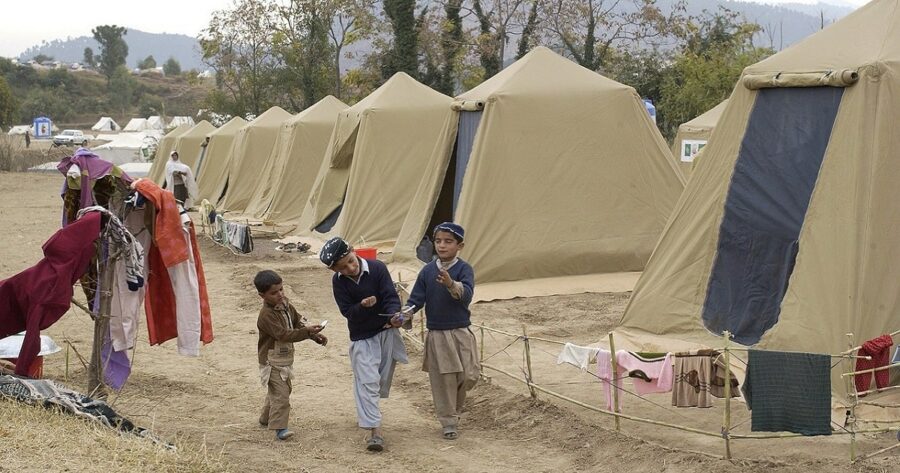Lebanon Preist Calls For Deportation Of Syrians From The Country
- Kingston Bailey
- Middle East
- Trending
- April 13, 2023

Patriarch Bechara Boutros Al-Rai, the head of the Maronite Church in Lebanon, has used his Easter sermon to call for the expulsion of Syrian refugees from the country. This has raised many eyebrows and generated widespread criticism from human rights organizations and activists across the globe. The call for expulsion comes at a time when Lebanon is grappling with a massive economic and political crisis, which has been exacerbated by the influx of refugees from neighbouring Syria.
Lebanon has been hosting Syrian refugees since the conflict erupted in Syria in 2011. The number of Syrian refugees in Lebanon has grown to over 1.5 million, making up roughly a quarter of the country’s population. Lebanon has been one of the countries most affected by the Syrian refugee crisis, with the massive influx of refugees placing significant strain on the country’s infrastructure, public services, and economy. The refugees have been blamed for exacerbating the already dire economic and social situation in the country, causing tensions to rise between Lebanese citizens and Syrian refugees.
Human rights organizations have condemned his statement, arguing that it goes against the principles of human rights and the international laws on refugees. They argue that refugees should be provided with protection and assistance, rather than being forcibly returned to their country of origin. The call for expulsion is seen as inhumane and insensitive, as it would put the lives of thousands of innocent people in danger, and send them back to a war-torn country where they may face persecution, torture, or death.
Moreover, the Patriarch’s call for the expulsion of Syrian refugees ignores the fact that Lebanon has been hosting refugees for many years, and that the refugees have contributed significantly to the country’s economy and society. Syrian refugees have been working in many sectors of the Lebanese economy, from agriculture to construction, and have provided cheap labor for many industries. They have also set up businesses and contributed to the economy through entrepreneurship, which has helped to offset some of the negative economic impacts of the refugee crisis.
It’s no secret Lebanon has been facing a severe economic crisis, with high levels of unemployment, inflation, and public debt. The country has also been struggling with political instability, corruption, and sectarianism, which have contributed to the deterioration of public services and the economy. And rather than calling for their expulsion, the Patriarch and other leaders in Lebanon should work towards finding a sustainable and humane solution to the refugee crisis, one that takes into account the rights and dignity of all people affected by the crisis. This can only be achieved through cooperation, dialogue, and the commitment of all stakeholders to finding a just and equitable solution to this complex and challenging issue.








